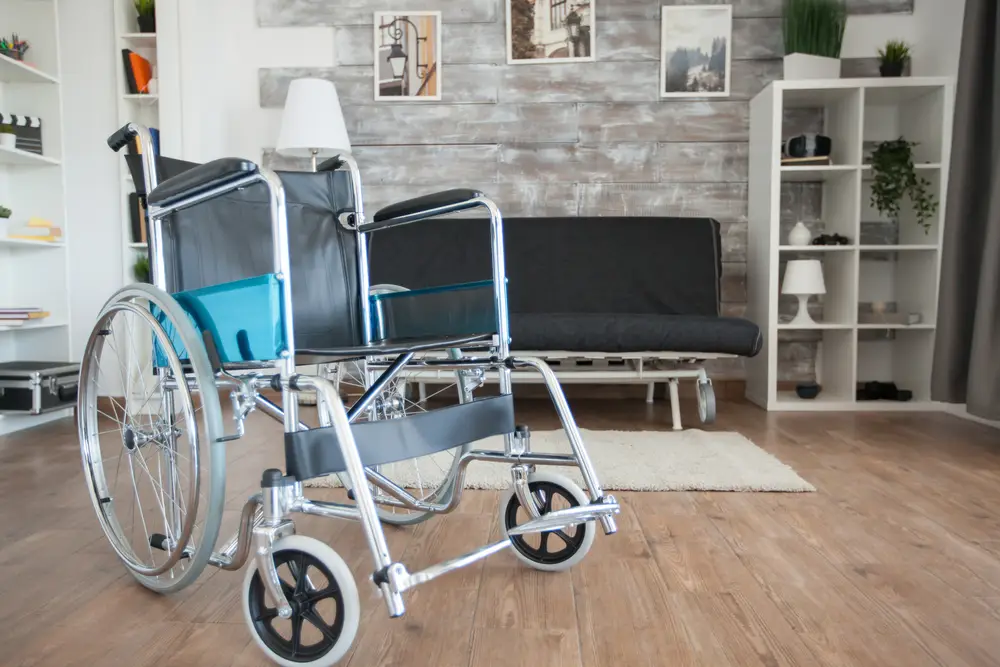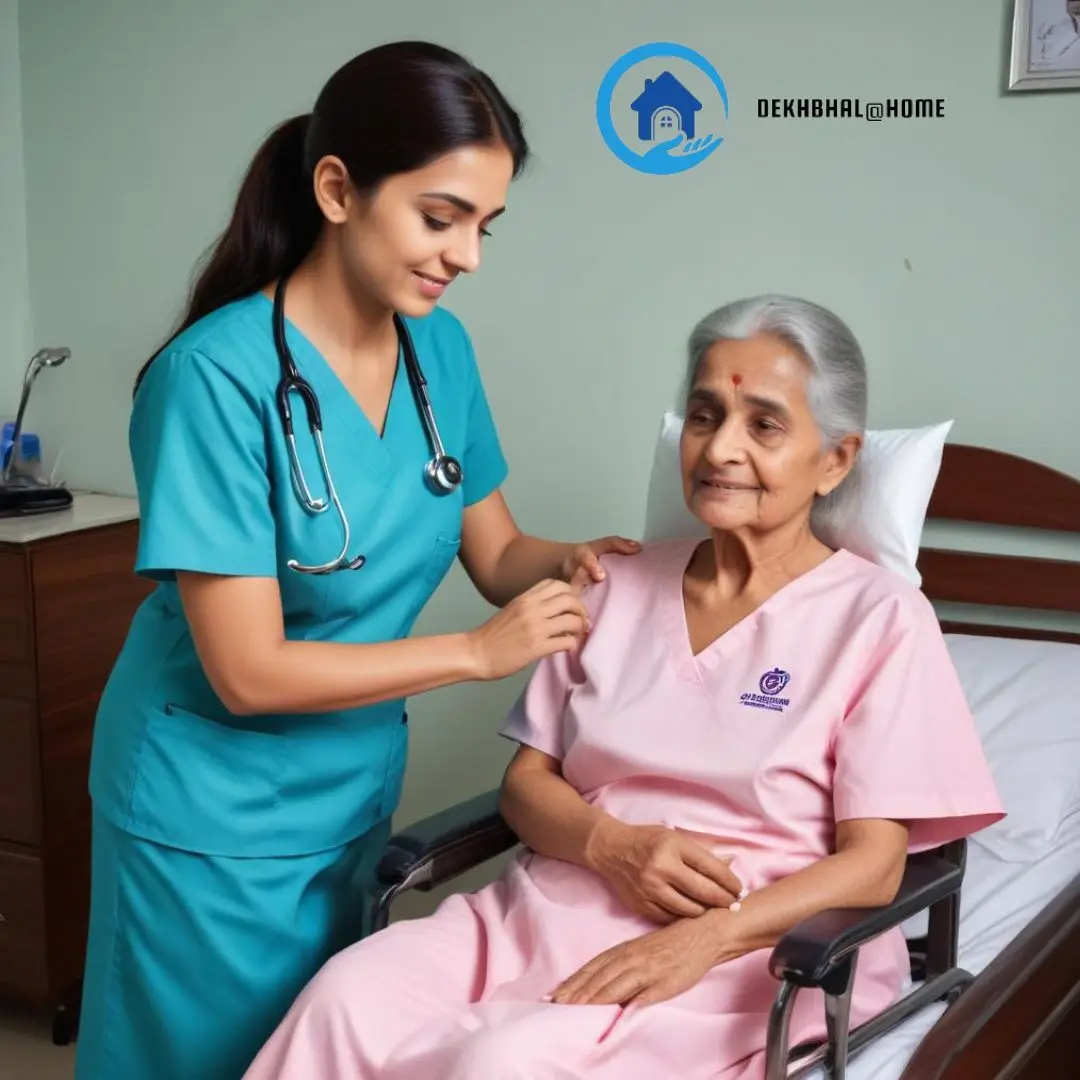The liver is one of the most important organs in our body. It helps in digesting food, storing energy, and removing toxins. But what happens when the liver gets damaged? In this blog, we’ll break down how liver damage happens, its effects, and how you can prevent it, using simple language and examples familiar to Indians.
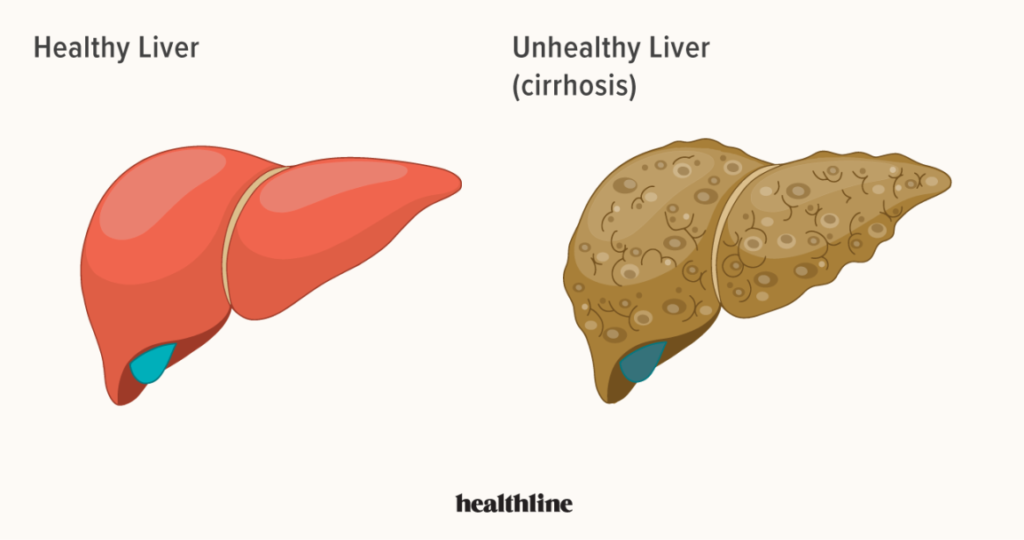
What is Liver Damage?
Liver damage occurs when the liver is harmed and cannot function properly. The liver processes nutrients from our food and helps get rid of harmful substances. When it’s damaged, it can lead to serious health problems.
Common Causes of Liver Damage
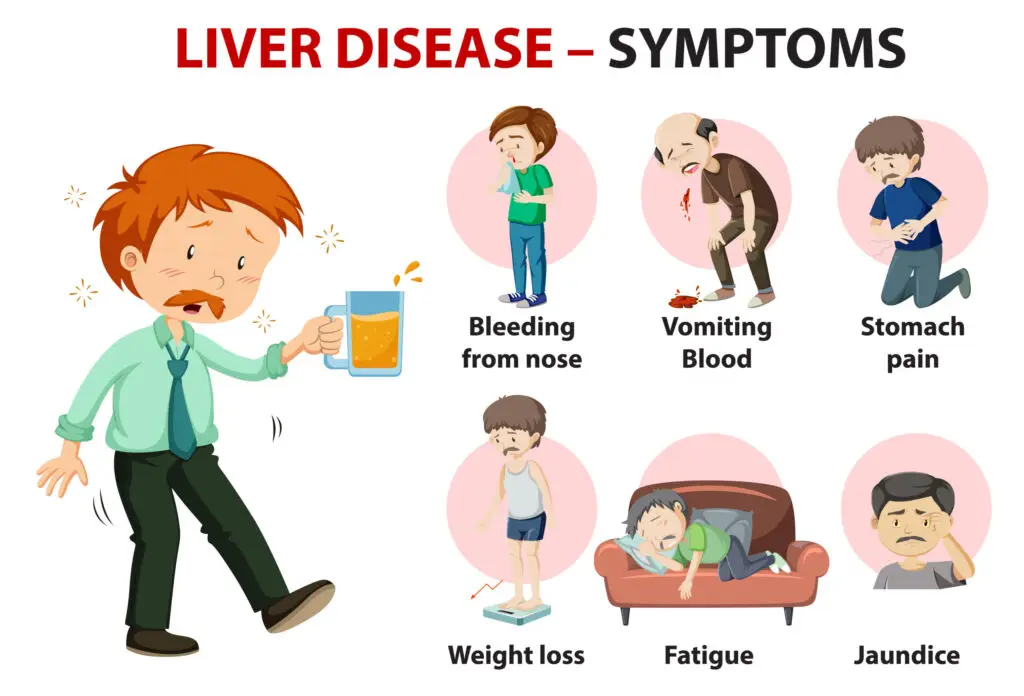
- Excessive Alcohol Consumption
- Drinking too much alcohol can harm your liver over time. In India, social drinking is common, but excessive drinking can lead to liver problems like fatty liver, hepatitis, or cirrhosis.
- Unhealthy Diet
- Eating too much junk food, like oily samosas and sugary sweets, can lead to fatty liver disease. High-fat and high-sugar diets are often linked to liver damage.
- Hepatitis B and C
- Hepatitis is a virus that inflames the liver. Hepatitis B and C can be spread through unprotected sex or sharing needles. These infections can damage the liver if not treated properly.
- Obesity
- Being overweight can lead to a condition called non-alcoholic fatty liver disease (NAFLD). It’s common in India due to sedentary lifestyles and poor eating habits.
- Medication Overuse
- Taking too many medicines, especially painkillers like paracetamol, can harm your liver. Always follow the dosage instructions.
- Poor Hygiene Practices
- Hepatitis can also spread through poor hygiene. Inadequate sanitation and not washing hands properly can contribute to liver infections.
Symptoms of Liver Damage
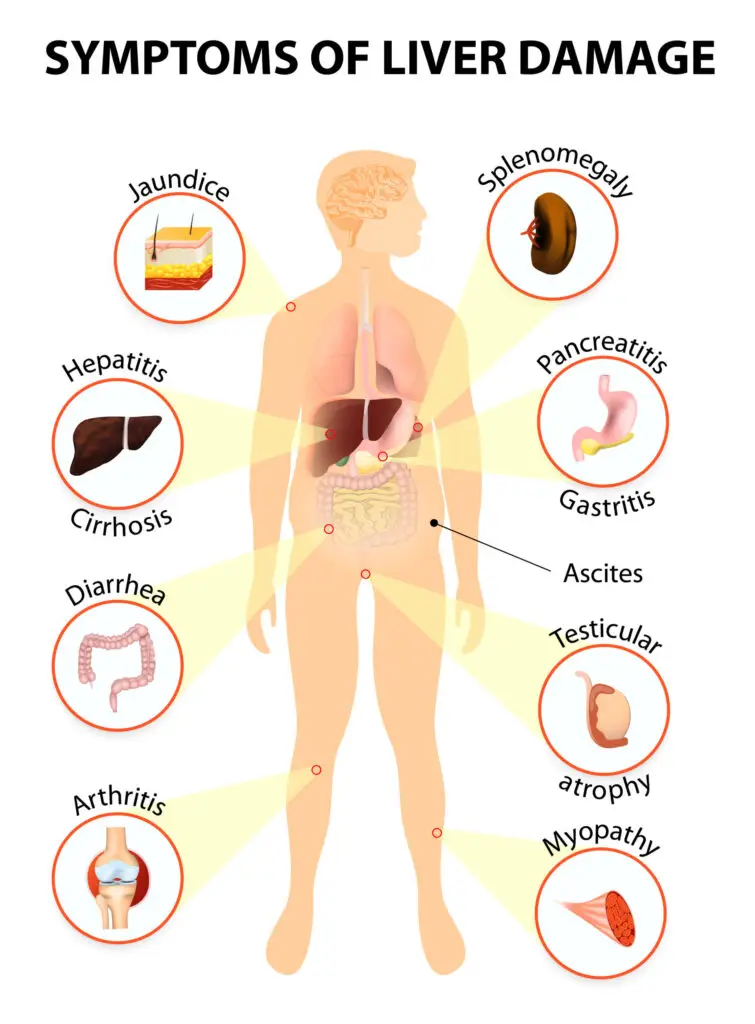
The liver can get damaged without showing clear symptoms, but some signs to watch out for include:
- Jaundice: Yellowing of the skin and eyes.
- Abdominal Pain: Discomfort or pain in the upper right side of the stomach.
- Fatigue: Feeling unusually tired or weak.
- Dark Urine: Urine that is darker than usual.
- Nausea and Vomiting: Feeling sick to the stomach or vomiting frequently.
- Swelling: Fluid retention in the legs or abdomen.
How to Prevent Liver Damage
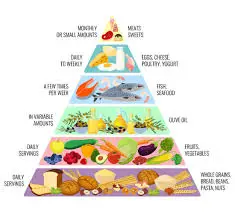
- Limit Alcohol Intake
- Drink alcohol in moderation. Follow the recommended guidelines and avoid binge drinking.
- Eat a Balanced Diet
- Focus on a healthy diet with lots of fruits, vegetables, whole grains, and lean proteins. Cut down on fried foods and sugary snacks.
- Stay Active
- Regular exercise helps in maintaining a healthy weight and can prevent obesity-related liver damage.
- Get Vaccinated
- Vaccines are available for Hepatitis A and B. Get vaccinated to protect yourself from these infections.
- Avoid Sharing Needles
- Never share needles or personal items that could be contaminated.
- Be Careful with Medications
- Use medications as prescribed and consult your doctor before taking new medicines.
- Practice Good Hygiene
- Wash your hands regularly, especially before eating and after using the restroom.
- Regular Health Check-Ups
- Regular visits to your doctor can help in early detection of liver problems. Get liver function tests done if advised by your healthcare provider.
Conclusion
Liver damage is a serious issue that can have a big impact on your health. By understanding the causes and symptoms, and following preventive measures, you can protect your liver and maintain overall health. If you experience any symptoms or are at risk, consult a healthcare professional for advice and treatment.
At Dekh Bhal Healthcare, we are committed to helping you stay healthy. For more information or to speak with a healthcare provider, visit our website or contact us.



